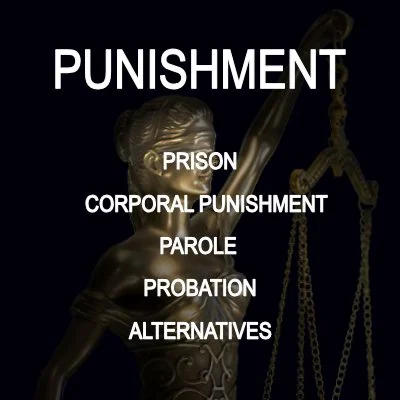By Johanna Higgs and Manith Chhoeng
In 2020, Amnesty International released a report detailing serious abuses against people held in drug rehabilitation centers and prisons in Cambodia, highlighting the severe overcrowding caused by the anti-drug campaign that began in 2017. As of March 2020, Cambodia’s prisons had an estimated capacity of 26,593, but the number of people held exceeded 38,990. Four years later, Cambodia’s Ministry of Interior reported that, as of March 2024, 45,122 people were imprisoned, with 21,644 (48%) held for drug offenses and 2,214 being minors. The General Department of Prisons' response to overcrowding has been to request the construction of new drug rehabilitation centers and prisons.
International standards, such as the United Nations Rules for the Treatment of Women Prisoners and Non-custodial Measures for Women Offenders (the Bangkok Rules), the United Nations Standard Minimum Rules for Non-custodial Measures (the Tokyo Rules), and the United Nations Standard Minimum Rules for the Treatment of Prisoners (Mandela Rules), call for detention to be used only as a last resort and promote non-custodial measures, particularly for women and children. Organizations working in Cambodia, like IDPC partner This Life (TLC), aim to address these challenges through programs that improve outcomes for at-risk youth and families. These initiatives align with international standards, advocating for alternatives to incarceration and providing support services.
While Cambodia’s Drug Control Law (2012) gives prosecutors and courts discretion to divert drug offenders from imprisonment in favor of "voluntary" treatment programs, it has not been effectively implemented to reduce detention or imprisonment. TLC offers programs that provide vocational training and family support to juveniles in conflict with the law, aiming to reduce recidivism and promote reintegration. The organization also engages with government ministries, law enforcement, and community leaders to create holistic solutions that strengthen Cambodia's justice system and support vulnerable populations.
There are alternative measures in place for children. The Juvenile Justice Law of Cambodia, promulgated on July 14, 2016, aims to protect the rights of children in conflict with the law, supporting their rehabilitation and reintegration into society. It also provides alternatives to detention, such as diversion, probation, community service, and mediation. This law is seen as a milestone in promoting and protecting children's rights in Cambodia, aligning with the Convention on the Rights of the Child and other international standards. Non-governmental organizations like This Life are committed to evidence-based interventions that promote human rights, reduce inequality, and create opportunities for marginalized communities. Their work complements the goals of the Juvenile Justice Law by focusing on the rehabilitation and reintegration of youth in conflict with the law.
Amnesty International, 2024. 18p





